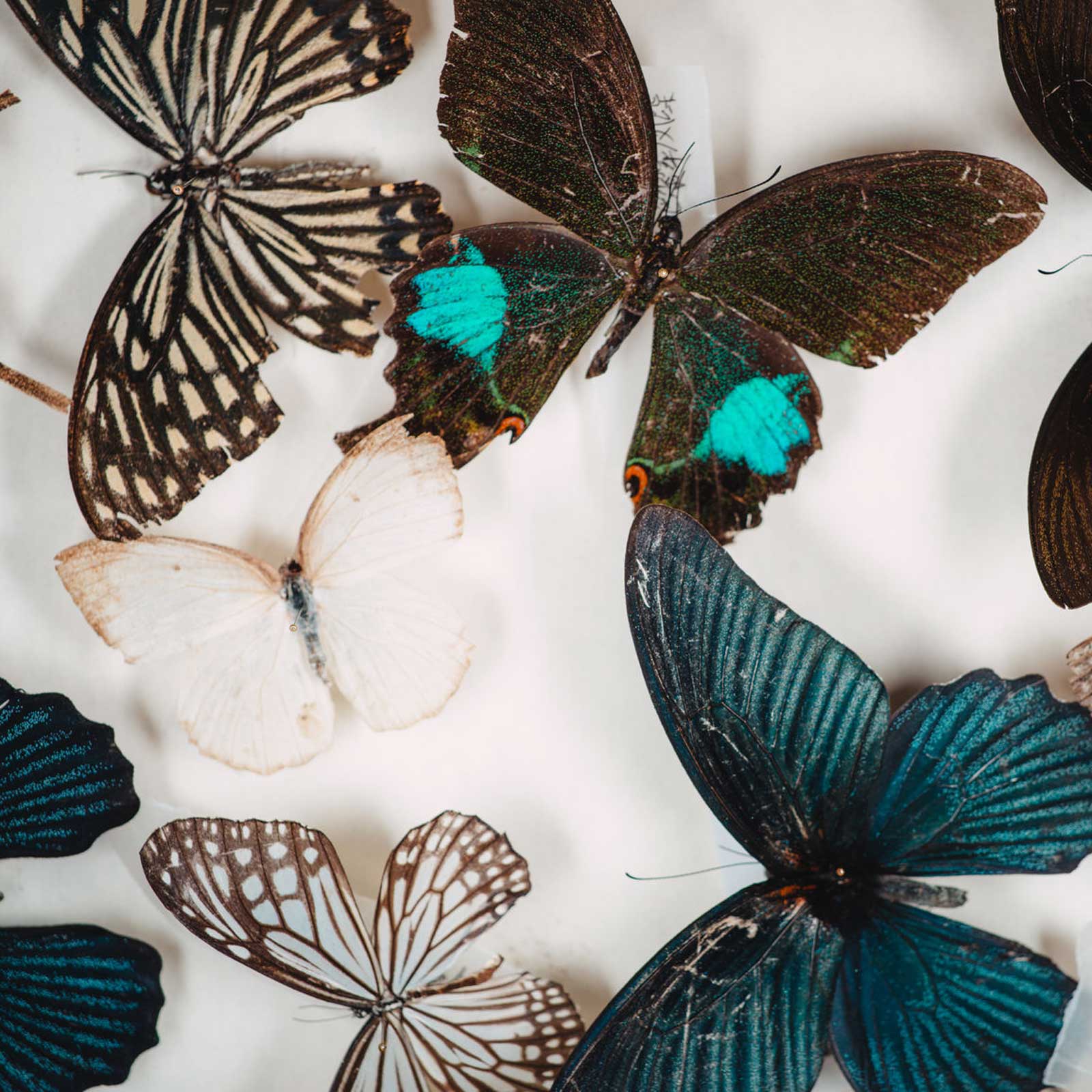Reading ($26, Simon and Schuster), ecologist Anne Sverdrup-Thygeson’s exploration of the many ways insects contribute to the world, feels like being led into the woods by a zany, slightly obsessive aunt. “Check this out! Come look over here!” she seems to say at every turn. It’s an ambitious book—about half the animal kingdom—written by an academic, but it avoids the slippery slope of boring, teachy prose by leaning into the weirdness of the bug world.
Sverdrup-Thygeson writes like a scientist but in a spare, charming way: full of detail but not flowery. She starts with specifics about her love of being outside, then pulls back into what she learned when she started noticing the minutiae of all the ways bugs provide for us, from honey to drugs. A fungicidal antibiotic derived from the leaf-cutter ant, for instance, can treat yeast infections.
The book is stuffed with the kind of trivia that wouldn’t be out of place at a bar (bees can recognize human faces! cockroaches can be used to search bomb sites!), but it’s also a deftly woven treatise on why we need insects and why they need us to survive. She looks at pollination, soil biology, predator control, and natural poison to delineate what bugs are good for, what we’ve done to them, and what we stand to lose as their numbers decline, as they’re doing worldwide.
Of course, it’s not all worker-bee ingenuity. In all their unseen wonder, bugs have dark, selfish motives, too. In what might be the bones of a good future horror movie, Timothy C. Winegard’s ($28, Dutton) goes deep into the history of that one particular bug. Winegard is a historian, and he threads the bug through human history, from ancient Egypt to recent battles with the West Nile virus. He calls the mosquito the world’s deadliest predator and builds a long-tail case for how much it’s impacted the ways we build civilization, fight with each other, and try to survive. Female mosquitos have killed 52 billion people, almost half of the humans who ever lived. (Males are just driven by nectar and sex, Winegard says. No comment, we say.)
That’s the point of both of these books. They want you to pay attention to the tiny details we so often take for granted. Insects help demonstrate broader underpinnings of society and the ways that we’re always at the mercy of nature, even when we think we’re running the show.
Taken together, the books are a reminder that the human and insect worlds are interconnected and fragile— have found that the bug population in Europe has dropped by as much as 75 percent. They also show that we’re not the most important thing in the natural world. The things that have adapted to annoy us might survive best in an increasingly human-altered ecosystem.
Buzz, Sting, Bite ends with a call to kill our self-centeredness, even just a little. “If we could just stop navel gazing for a second we would see that this is about more than mere utility value.… Many would say that we humans have a moral duty to rein in our dominance of the earth and give our millions of fellow creatures a chance to live out their tiny, wonderful lives, too.”


